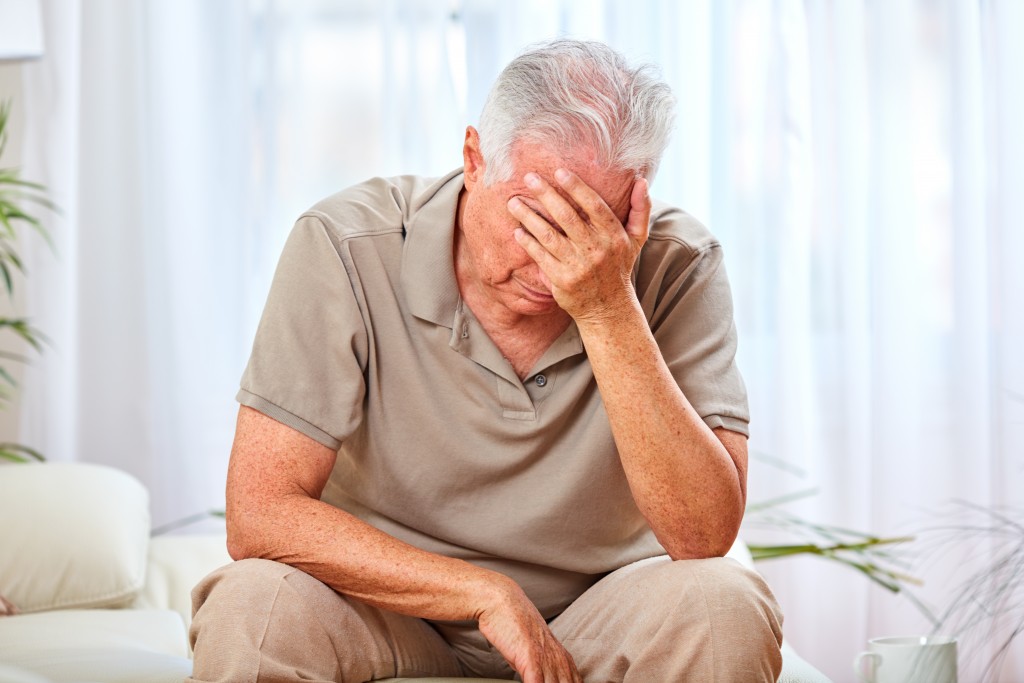The last thing that most seniors and older adults want is getting stressed out after a long day working and putting food on the table. Even when some seniors are already retired, most want to live a simple and quiet life without having to worry about things that might stress them out. Fortunately, there are a variety of stress-relieving activities that seniors can do.
But the main challenge for a lot of seniors is that they don’t necessarily have the strength to do the same physical activities that their body can usually do when they were young. At the same time, their bodies won’t stand more intense therapies like heavy exercises, weight-lifting, or even massages geared towards bones and muscles.
Still, it’s important not to get too stressed out as it is a cause for a variety of different diseases. Not only will stress make you feel like you’re ready to run or fight someone, but it can significantly cut down your lifespan if it’s not addressed. Most people might think that stress will usually come from one source, but it’s actually a combination of physical, chemical, mental, and emotional factors that most seniors are not aware of.
So what are the best stress-relieving activities and therapies that seniors can effectively do while making them feel youthful again?
What Can Stress Do to the Body?
There’s a common notion that stress is related to something “negative,” as most people will associate it with work, fatigue, and strain. In reality, stress is a normal part of our life and is a reaction of our body to external stimuli, especially if we know that there is a perceived threat to our health and well-being.
Despite most people thinking that stress does have negative notions, there are actually two types of stress.
- Good stress — Developed through exercises, therapies, and any activity that can help release happy hormones.
- Bad stress — This is commonly associated with stress from work, adverse events, and health complications.
But even though stress is important in our daily lives and how we respond to emergencies and dangerous situations, too much stress can take a toll on the body.
The following is the usual response of the body to stress:
- Increase blood pressure
- Tighter and more tense muscle groups
- Rapid breathing
- The immune system becomes weakened
- Heightened alertness
Increase in stress hormone production
As you can see, these reactions of our body are geared towards dangerous situations and emergencies. But even though this can help in such situations, this can also take a toll on the body in the long run. Being exposed to these types of stress can have long-term chronic effects on the body. For individuals that are working, this can lead to a decrease in performance at work and can even accelerate the ageing process.
Stress can lead to an increase in the following risk factors:
- Heart disease
- Depression
- Anxiety
- Alzheimer’s Disease
- Diabetes
- Stomach-related diseases
Although stress does have detrimental effects on the body, many therapies and activities can reduce stress.
Physical Activities
For the most part, a lot of seniors don’t have the strength that they once had when they were young, but that doesn’t mean that they can’t keep their muscles maintained with some physical activities and exercises. This is an excellent way of stopping muscle atrophy while also increasing lung capacity and the “structural” integrity of bones.
There are a variety of physical activities that don’t necessarily need too much energy. Regular aerobic exercise and just walking for an hour or less three times a week can significantly affect performance.
For seniors that might have some problem with motor control, injuries from exercises, or sports, some therapies aim for the holistic healing of different muscle groups and bones. Fortunately, there are physiotherapy clinics that can help expedite the healing of muscles, not just for seniors but for athletes and ordinary individuals alike.
Traditional Exercises and Therapy

There are more subtle forms of “physical exercise” that can have a major impact on the individual’s physical and mental health. Other than physiotherapy, more traditional forms of therapy include:
- Tai chi
- Massage
- Reiki
- Yoga
These therapies are known for relieving muscle tension, reducing blood pressure, and reducing the likelihood of any early onset of mental health disorders such as Alzheimer’s and Parkinson’s. Not only are these traditional forms of exercise great for mindfulness, but these are usually done in groups, which can give a good sense of community to most seniors.
Having a Healthy Diet
Food is one of our primary means of sustaining our body, especially since this is our source of nutrition and vitamins. In this time and age, it’s easy to buy mass-produced goods in the market that have a good amount of caloric value while devoid of any nutritional benefits. This can be detrimental to the health of most older adults.
Most experts would suggest substituting these products that are high in salt and sugar with vegetables and fruits known for being high in vitamins and minerals. A strict diet regimen that contains vegetables, nuts, poultry, fruits, and eggs are a great way of keeping the body fit and ready for any physical activity.
There are a variety of ways of relieving stress for a lot of seniors. The best way of ensuring that life isn’t weighing us down is by having a healthy and active lifestyle. After all, age is just a number, and there’s no task or mountain that we can’t climb, even when we’re already in our golden years.

